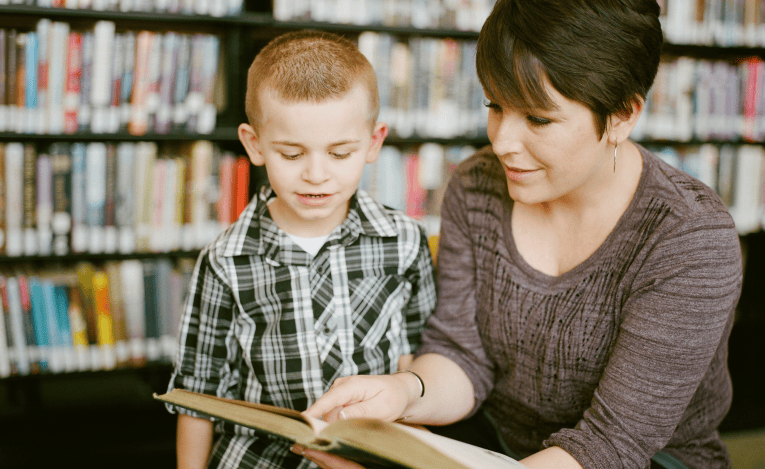
In a previous article, we addressed how to handle bullying at school. In this article, we will focus on how teachers and parents can prevent bullying. Bullying is a major issue that causes serious damage to the physical and mental health of victims. These effects can include loss of self-esteem, anxiety, depression, absences and compromised academic performance. It is therefore crucial for teachers and parents to implement preventive measures to protect students from all forms of violence at school.
What is Bullying?
Bullying is an aggressive and repetitive behaviour that causes pain to, intimidates, humiliates or excludes a person. It can happen anywhere and any time: at elementary schools, middle schools, high schools, on the way to school, during school activities or online.
Bullying can take different forms such as:
- verbal harassment: insults, teasing, name calling or threats,
- physical harassment: violence, punching, pushing, hitting, theft or destruction of property,
- cyberbullying: sharing humiliating messages or photos on the internet, social media, via text or email,
- psychological harassment: exclusion, isolation, spreading rumours and peer pressure.
The repercussions of bullying on victims are not limited to short-term negative effects. The effects of this behaviour can manifest on the long term and take different forms:
- mental health problems: anxiety, PTSD, depression, etc.,
- physical health problems: headaches, body aches, sleep issues, etc.,
- negative effects of academic and professional performance,
- affects on social relationships and overall well-being.
The Teacher’s Role in Preventing Bullying
Teachers play a key role in fighting bullying. They must be well-informed and educated on the types of bullying, what they can look like and how to prevent them. Raising awareness is essential in order to:
- easily identify bullying behaviours in students,
- respond quickly if there is an incident,
- work on creating a safe school environment and positive classroom setting for all students,
- raise awareness in students on types of bullying, the consequences and unacceptable behaviour,
- help students feel safe and supported and encourage them to communicate concerns and experiences without fear of repercussion,
- listen attentively to student complaints or concerns and take the necessary steps,
- be ready to react quickly and efficiently to inappropriate behaviour, working with students and parents to resolve conflicts in a constructive manner,
- collaborate with parents, maintaining regular communication to inform them if bullying occurs and resolve these issues.
The Parents’ Role in Preventing Bullying
Parents also play a key role in preventing bullying. They can:
- encourage children and young people to speak openly about bullying that they witness at school, creating an environment of trust and openness,
- be on the look-out for signs of bullying (sudden changes in behaviour, social withdrawal, physical marks like bruises or scratches),
- communicate effectively with children and teens on responsible online behaviour (avoid sharing personal information, report any inappropriate behaviour).
Collaboration Between Teachers and Parents
In order to prevent bullying and facilitate well-being and success for all students, collaboration between parents and teachers is highly recommended. Both parties can:
- attend parent-teacher meetings,
- support the school’s efforts to create a positive environment for all students,
- attend training programs on bullying in order to better understand the different kinds of bullying and how to prevent them,
- discuss steps to take to help children dealing with bullying.
At École Galilée, a bilingual school in Paris, preventing bullying is a top priority. We understand that each child deserves to feel safe and respected in our educational environment. We are committed to creating a culture of kindness, respect and empathy, and need the help of teachers and parents to do so.We work in partnership with families, raise awareness in students and take proactive steps in order to create a setting where all children can flourish, realise their potential and grow with trust, far from bullying.

